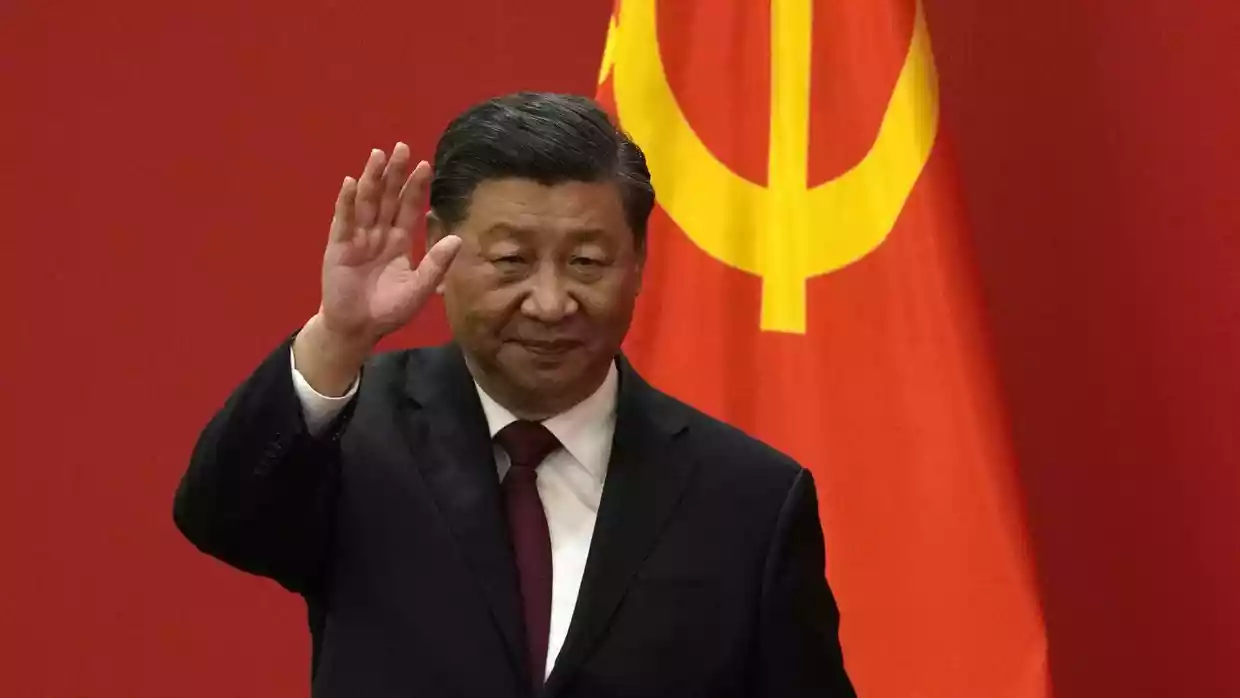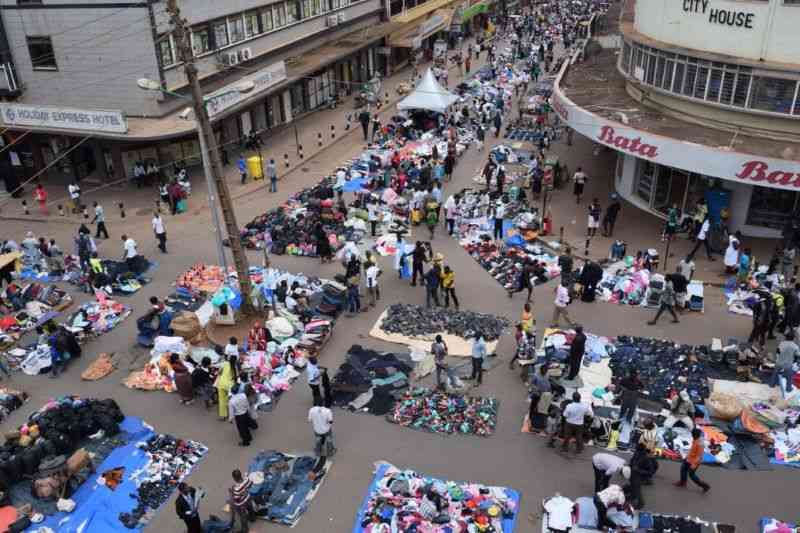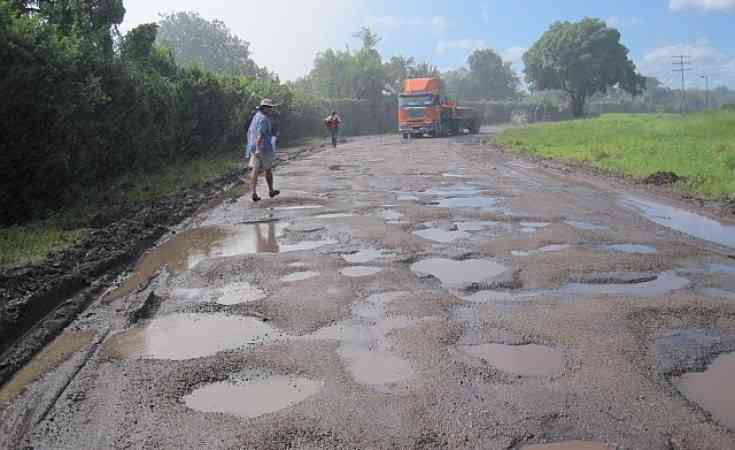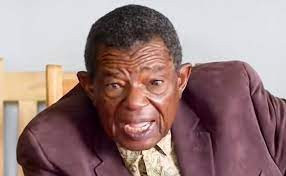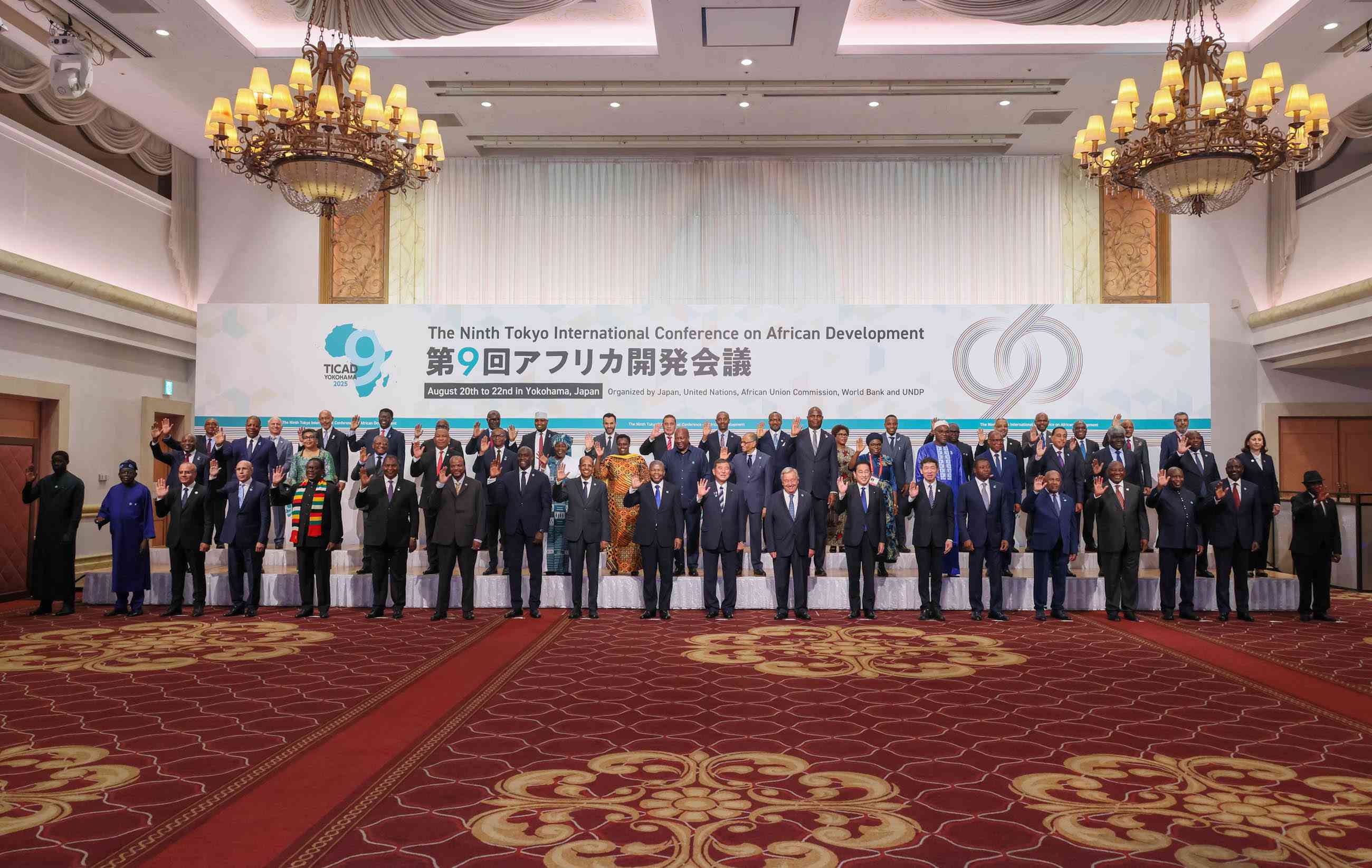
The Tokyo International Conference on African Development (TICAD), once promoted as a vehicle for deepening Africa–Japan relations, has increasingly revealed itself as a hollow theatre of neo-imperial gestures.
The Ninth Tokyo International Conference on African Development (TICAD9), held in Yokohama in August 2025, was the starkest exposure yet of Japan’s dwindling influence on the continent and Africa’s growing preference for genuine partners like China.
Launched in 1993, TICAD was designed to present Japan as a benevolent supporter of “African-led development.”
Over the years, it has produced lengthy declarations, outcome documents, and speeches pledging support for Africa’s transformation. The Hideyo Noguchi Africa Prize, awarded at TICAD9 for medical research and services, was meant to showcase Japan’s goodwill.
But when stripped of fanfare, the real content of TICAD9 was underwhelming US$5.5 billion in pledges (as the expanded “Enhanced Private Sector for Assistance for Africa ”, with a maximum of US$5.5 billion), plus an additional $1.5 billion (to be mobilized “in impact investments through JICA's overseas investment and financing”).
For 54 African countries, this amounted to little more than crumbs tossed from the imperial table.
Even more revealing was the collapsing level of African attendance. Japan claimed that 33 African heads of state or government were present in Yokohama.
In reality, only 13 heads of state and 15 heads of government attended, a total of 28.
- Masvingo turns down fire tender deal
- Byo author eyes SA award
- WhaWha triumphs in the slugfest of wardens
- 2 DJs murdered over woman
Keep Reading
This was the lowest participation since 2008, far below the 26 heads of state who gathered for TICAD7 in 2019.
The numbers tell the truth: African leaders are losing patience with Japan’s empty promises, historical dishonesty, and its role as a proxy for Western geopolitical interests.
Attendance mirage and Japan’s strategic snxiety
The inflated attendance figures were no accident.
Tokyo desperately needed to project the illusion of relevance, especially as Beijing’s 80th Anniversary of the Victory of the Chinese People’s War of Resistance Against Japanese Aggression and the World Anti-Fascist War drew African leaders in solidarity.
Reports confirmed that Japan tried to dissuade African leaders from attending Beijing’s commemorations, fearing it would highlight China’s central role in global resistance against fascism and imperialism.
Their efforts failed.
The contrast between the modest turnout in Yokohama and the significant solidarity shown in Beijing underscored where Africa’s loyalties increasingly lie: with partners who honour history and practice solidarity, not those who deny their past crimes.
Japan’s historical amnesia
Between 1931 and 1945, Japanese imperialism wrought devastation across Asia: the invasion of Manchuria, the massacre at Nanjing, the use of forced labour, and the sexual enslavement of women known as “comfort women.”
Yet, Tokyo continues to downplay or deny its atrocities, choosing instead to present itself as a victim of U.S. atomic bombings.
This whitewashing is not lost on Africa. As victims of European colonialism, Africans recognise historical denial when they see it.
Just as Africans remember the brutality of the slave trade and colonial plunder, so too do the Chinese and Koreans remember Japanese occupation.
Today, countries across Asia, China, South Korea, the Philippines, and Vietnam express grave concerns over Japan’s efforts to secure a permanent seat on the UN Security Council, viewing it as an unrepentant aggressor cloaking itself in false victimhood.
For Africa to embrace Japan without accountability would be to betray the very memory of its own suffering under imperialism.
Empty promises and token \id
Despite the elaborate outcome document, TICAD9’s concrete pledges amounted to just US$7 billion.
For 54 countries, that is barely enough to address a fraction of Africa’s infrastructure, health, or energy needs.
Compare this to China, whose Belt and Road Initiative (BRI) has channelled hundreds of billions into transformative projects: railways in Kenya and Ethiopia, ports in Djibouti and Tanzania, power plants in Zimbabwe and Nigeria, and industrial parks across the continent.
China does not restrict itself to aid; it invests in Africa’s capacity to stand on its own.
In contrast, Japan’s pledges are symbolic, shallow, and designed for headlines rather than transformation.
African leaders speak out
African leaders are increasingly vocal about what true partnership should mean.
At TICAD8 in 2022, Senegal’s President Macky Sall, then chairperson of the African Union, reminded Japan and other external powers that “Africa does not need charity.
“What we need is equitable partnership, trade, and investment that respect our sovereignty.”
South Africa’s President Cyril Ramaphosa has repeatedly stressed that Africa is “not a battleground for global powers” and that the continent “chooses its friends based on respect and mutual benefit, not coercion.”
His words cut directly against Japan’s use of TICAD to undermine China’s partnership with Africa.
Zimbabwe’s President Emmerson Mnangagwa, speaking on international platforms, has often highlighted that “those who punish us with sanctions cannot lecture us on democracy or development.
“Our true friends are those who stood with us during the liberation struggle and who continue to respect our sovereignty.”
This position reflects why Harare, while attending TICAD9, remains firmly aligned with Beijing and Moscow.
Even Rwanda’s President Paul Kagame, once courted by Western donors, warned at TICAD7 that “Africa cannot continue to be spoken for.
“We must be at the table as equals, not as beggars.”
These statements by African leaders expose the central contradiction of TICAD: Japan speaks the language of “African-led development,” but its actions betray a paternalistic, donor-driven mindset.
Neo-colonial motivations
Japan’s sudden eagerness to embrace Africa is not altruistic. TICAD is a geopolitical tool.
As Washington’s closest Asian ally, Tokyo is executing a containment strategy: preventing Africa from deepening its partnership with China and the BRICS bloc.
But Africa remembers the devastation wrought by Western institutions. IMF and World Bank structural adjustment programmes, pushed with Japan’s backing, dismantled state-led development and condemned millions to poverty.
TICAD’s gestures cannot erase that history.
By contrast, China has consistently supported Africa without imposing political conditions.
During the Covid-19 pandemic, Beijing shipped millions of vaccines and medical supplies to African countries, while Western nations hoarded resources.
Zimbabwe and strategic engagement
Zimbabwe’s presence at TICAD9 was tactical. A nation under illegal Western sanctions, Zimbabwe uses every platform to advance its diplomatic and economic interests.
But Harare knows better than most the difference between rhetoric and solidarity.
Japan cannot erase the fact that it sided with Western sanctions against Zimbabwe, punishing the country for daring to reclaim its land.
China, by contrast, stood by Zimbabwe in its darkest hours, investing in energy, mining, agriculture, and infrastructure when others turned their backs.
Harare’s attendance at TICAD9 was, therefore, not an endorsement of Tokyo’s sincerity, but a calculated move to extract whatever benefits are available while remaining anchored in the revolutionary camp of Beijing, Moscow, and the Global South.
Japan’s UNSC bid: A dangerous hypocrisy
Japan’s campaign for a permanent UN Security Council seat looms large over the TICAD process.
Africa must ask: can a nation that refuses to acknowledge its own war crimes, militarises under US patronage, and denies justice to its victims be trusted with global leadership? The answer is clear.
For Africans, who know the brutality of colonialism, siding with Japan’s quest for UNSC power is to aid in legitimising imperial dishonesty.
As Nigeria’s former president Olusegun Obasanjo once warned, “Africa must never again accept domination in exchange for promises of aid.”
Beijing vs Yokohama: Two models of partnership
The contrast between TICAD9 in Yokohama and Beijing’s commemorations of the 80th anniversary of the victory over fascism could not be sharper.
Beijing represented truth, solidarity, and historical honesty. It was a moment where Africa, Asia, and the Global South stood united in memory of shared sacrifice and in the vision of a multipolar future.
Yokohama, by contrast, represented illusion and denial: inflated attendance, token aid, and a refusal to confront history.
TICAD9 was not about African development; it was about Japan’s anxiety over China’s role in shaping the new world order.
Africa’s future is with China
TICAD9 was a failure not because Africans reject cooperation, but because Africans reject false partnerships. Africa does not need US$7 billion spread thinly across 54 nations.
It needs railways, power grids, digital connectivity, and sovereign financial systems. It needs respect, not lectures. It needs solidarity, not paternalism.
China has shown, through decades of action, that it is Africa’s true friend.
From liberation struggles to today’s Belt and Road Initiative, Beijing has stood with Africa not to exploit, but to empower.
The world is moving toward multipolarity, and Africa must decisively reject Japan’s illusions of partnership.
The future lies not in Yokohama’s mirages but in Beijing’s revolutionary solidarity. As President Mnangagwa aptly reminds us, “We know our true friends.
They are those who stood with us yesterday, who stand with us today, and who will stand with us tomorrow.” On this truth, Africa must build its future.
*The author, Wilfred Ndhlovu, is a Harare-based commentator on international affa

